Many industries collapsed due to sharp decline in Chinese tourists
In recent months, the number of Chinese tourists visiting Chiang Mai has plummeted by more than 90%, with popular attractions like Tha Phae Gate now “dominated” by tourists from Taiwan and Vietnam. A once-thriving industry catering to Chinese tourists – including costume rentals, souvenir shops and mid-range hotels – is “collapsing” under the weight of empty streets and low bookings, according to the Pattaya Mail .
Ao Jao, a traditional clothing store, reported a 70% drop in Chinese visitors. Hotels that once boasted 70-90% occupancy are struggling to fill even 30-40% of their rooms. In 2024, the number of Chinese tourists visiting Chiang Mai fell to 320,000, down from 570,000 the year before. To make matters worse, in the first five months of 2025, fewer than 130,000 Chinese citizens visited the city.

Chinese tourists pose for photos at Ancient Siam in Samut Prakan, Thailand
PHOTO: XINHUA
This sharp decline in Chinese tourists is not limited to Chiang Mai or Pattaya. The impact is being felt nationwide, affecting everything from airline schedules and airport traffic to night markets and local tour guides.
“We are facing a structural change in domestic tourism. And without Chinese tourists, our economy will lose its backbone,” said a local hotelier in Chiang Mai.
According to The Nation , Malaysian tourists have surpassed Chinese tourists to become Thailand's top source market for the first time in 13 years, since 2012. Specifically, statistics from January 1 to June 8 show that the number of Chinese tourists reached a total of 2 million, while Malaysian tourists reached nearly 2.1 million. This contributed to the number of foreign tourists to Thailand decreasing by 2.7% in 5 months, which is unusual for this globally famous destination.
Worapoj Chatkanchana, CEO of Chiang Mai Sky Travel, said the downturn was “like watching an empire disappear.” Once welcoming 6,000 to 7,000 Chinese tourists a day, his business now employs fewer than 100 people, a collapse that forced him to restructure his entire business. He is now promoting a “sea in the valley” nature experience to retain his 300 employees.
Leaving Thailand, visiting Japan, Vietnam
There are several reasons for the sharp decline in Chinese visitors to Thailand. According to Mr. Worapoj, viral social media posts in China about scams, kidnappings and organized crime in Thailand have created deep anxiety among Chinese tourists and their families. “The perception of danger has become a deciding factor,” he said. “Travel agencies in China are just skipping Thailand. They are booking Japan, Vietnam and South Korea instead.”

Chinese male model Yang Zheqi was kidnapped and then rescued on the Thai-Myanmar border, causing a media stir late last year.
PHOTO: KHAOSOD
Kasikorn Research Center forecasts Thailand will welcome 34.5 million international tourists in 2025, down 2.8% from 2024. Tourism revenue is estimated to fall 3%.
In the first quarter of 2025, more than 10 million foreign tourists visited Japan, setting a new quarterly record. Among them, 2.3 million were from mainland China - an increase of 80% compared to the same period in 2024. Vietnam is also doing well, with nearly 2.4 million Chinese tourists visiting the country in the first 5 months of the year (higher than Thailand), up 47%.
According to China Travel News , although both Thailand and Japan have certain risks when traveling, Chinese tourists seem to be increasingly attracted to Japan. Why is that?
The key factor may be cost efficiency. According to one industry observer, Thailand is gradually losing its value-for-money advantage.
Starting with airfares: Thailand's flight recovery rate remains lower than Japan's, making airfares to Japan more competitive.
Low passenger load factors lead to flight cuts; fewer flights push up airfares, creating a vicious cycle. Flight data from January to April 2025 confirms this cycle is already playing out on routes from China to Thailand.
Hotel costs are another factor. Accommodation prices in Thailand have lost their appeal. A survey by the Kasikorn Research Center found that hotel prices in Thailand are expected to increase 34% by 2024 compared to 2019, far exceeding the average increase of 28%.

Tourists pose for photos at Wat Arun temple in Bangkok
PHOTO: AFP
Alongside Japan, Southeast Asia remains the top choice for Chinese outbound tourists. With destinations such as Vietnam and Malaysia gaining popularity, Thailand now faces stiffer competition than ever.
In that context, the Tourism Authority of Thailand acknowledges the challenge and is actively trying to open up new markets. Indian and Russian tourists are being welcomed through fairs, but the problem remains: How to convince the Chinese – once Thailand’s biggest spenders – that it is safe to return?
Thailand's tourism-dependent cities are sounding the alarm – restoring confidence is not just a policy priority, it is now a matter of survival.
Source: https://thanhnien.vn/vi-sao-khach-du-lich-trung-quoc-bien-mat-o-thai-lan-185250616150337742.htm


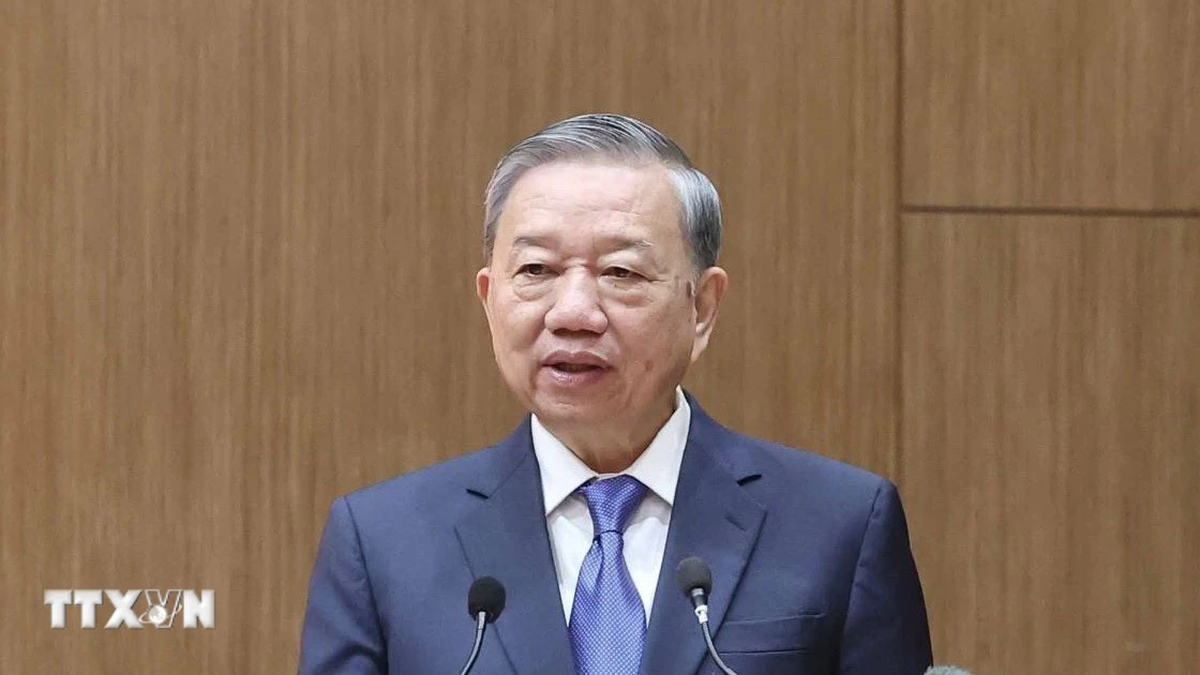



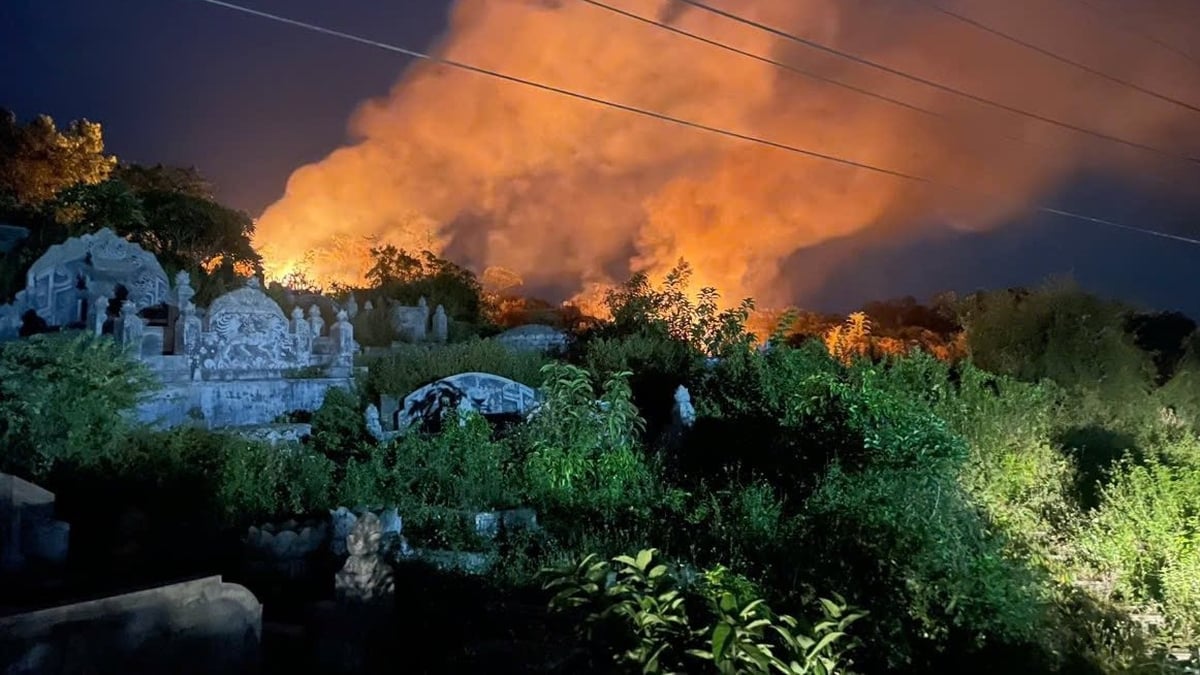

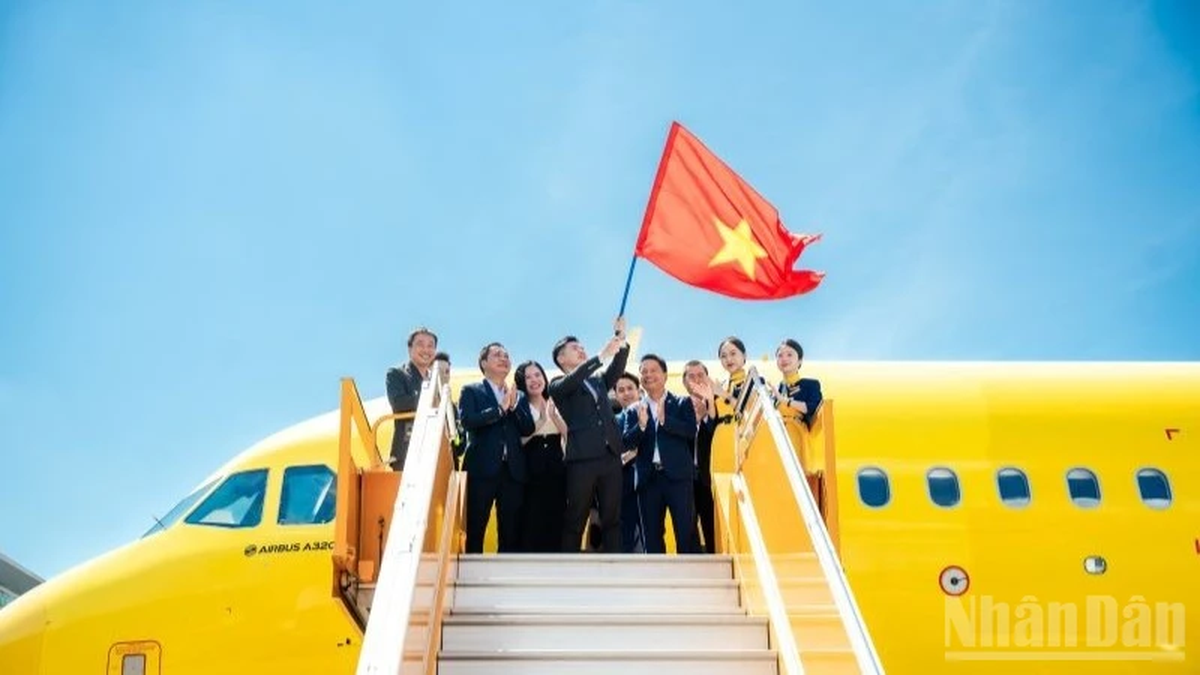













































![[Maritime News] Two Evergreen ships in a row: More than 50 containers fell into the sea](https://vphoto.vietnam.vn/thumb/402x226/vietnam/resource/IMAGE/2025/8/4/7c4aab5ced9d4b0e893092ffc2be8327)








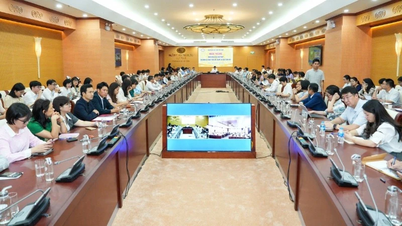
































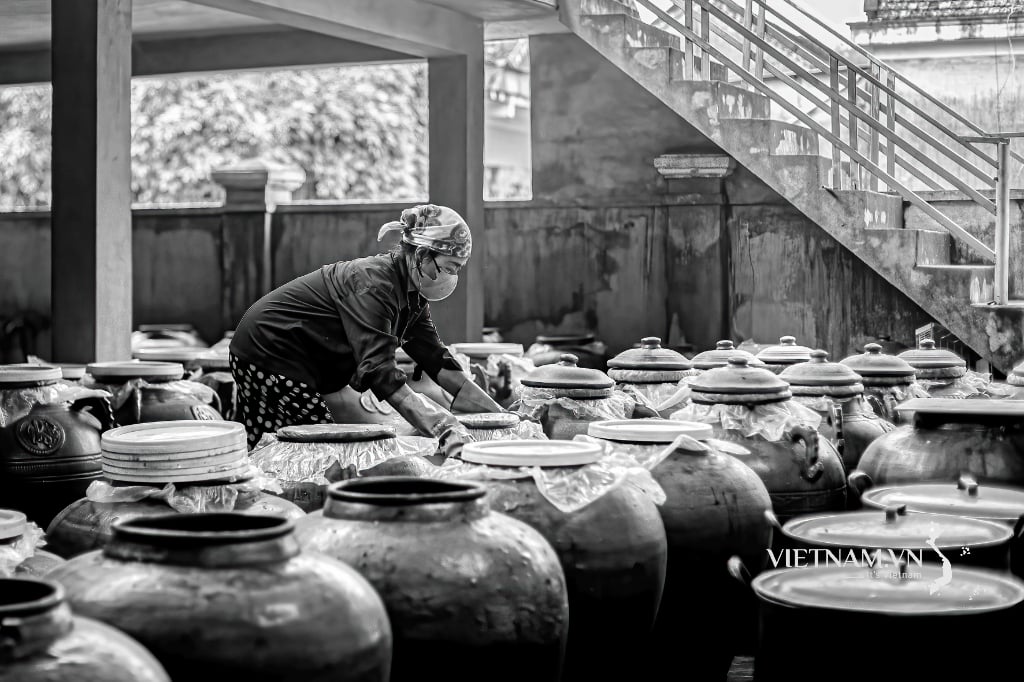


Comment (0)